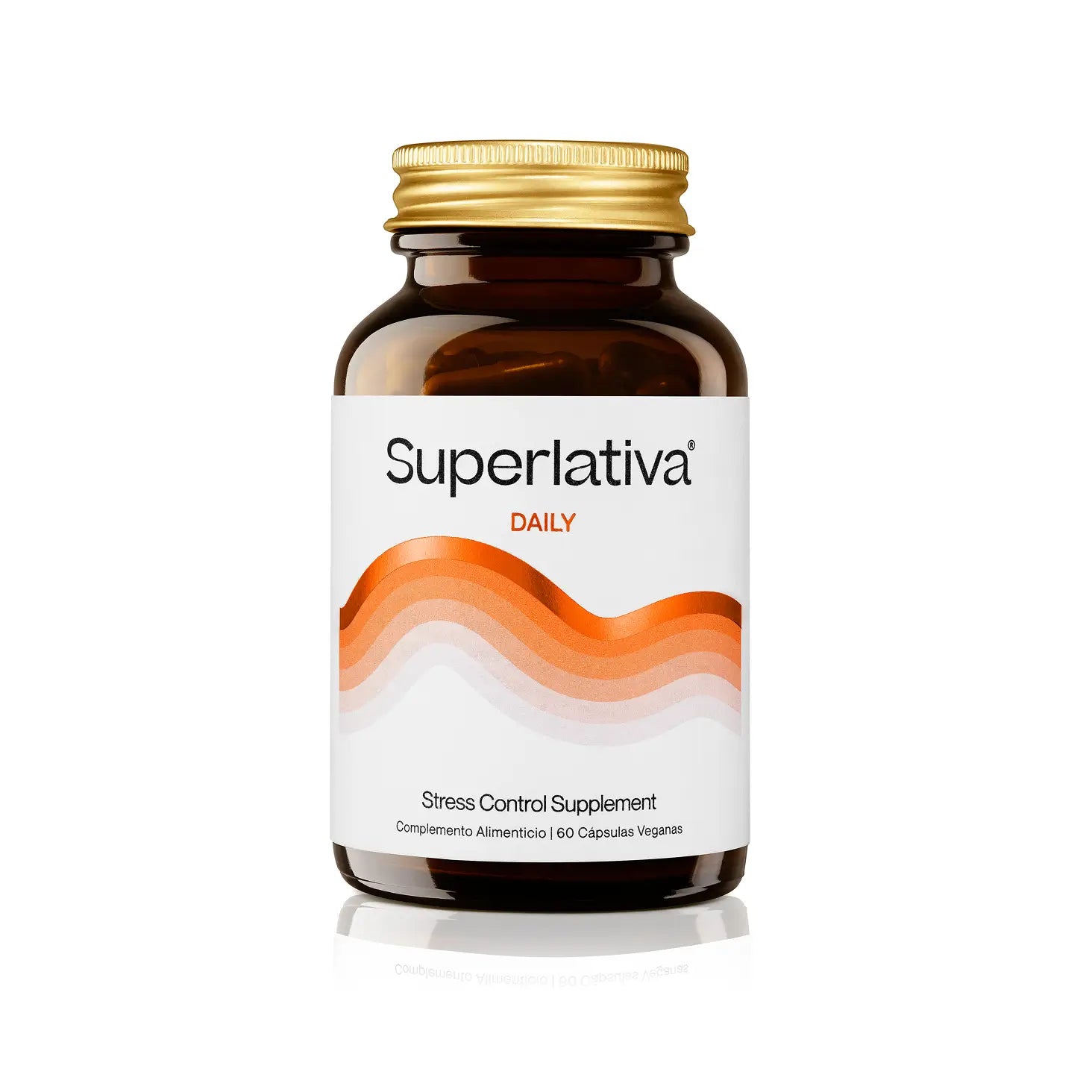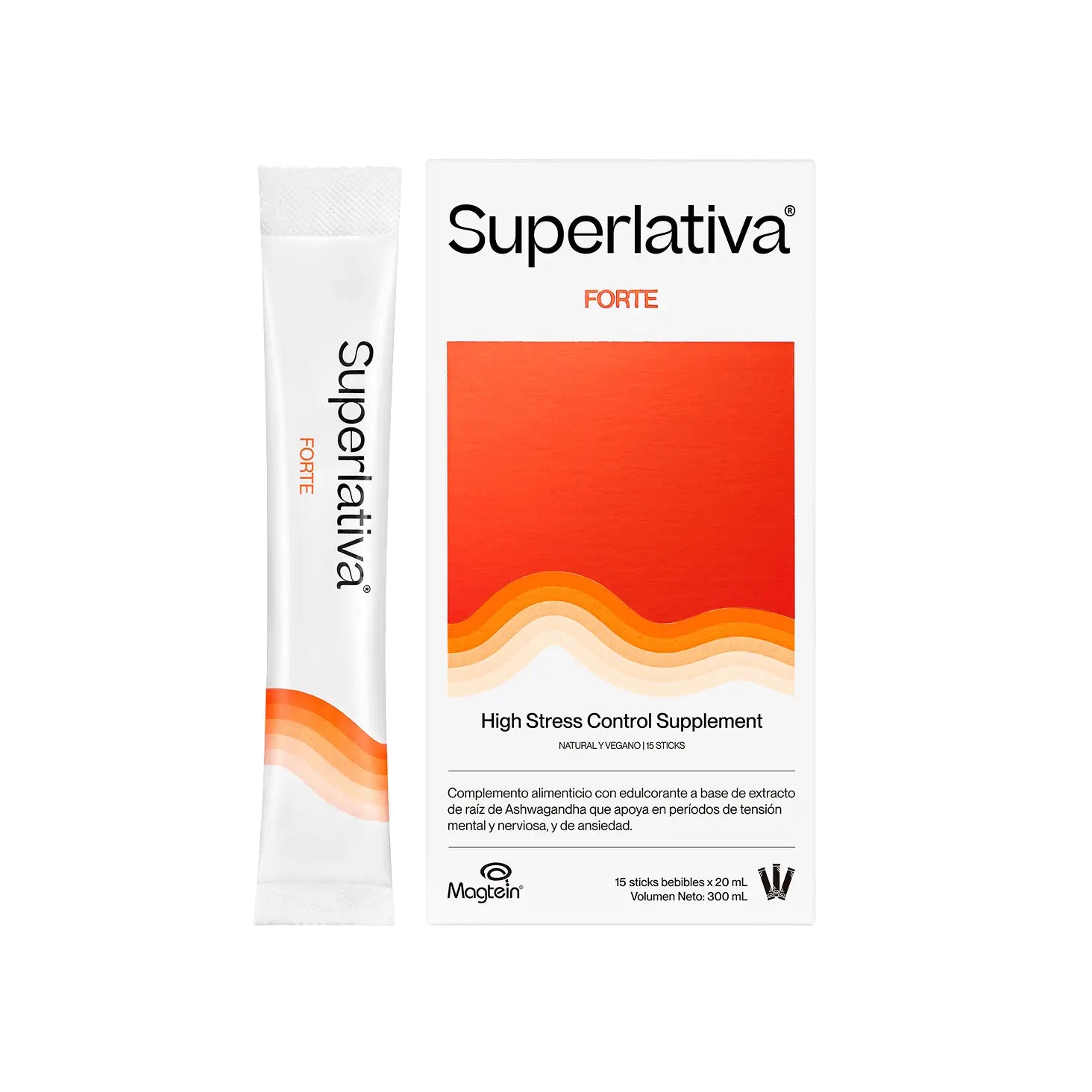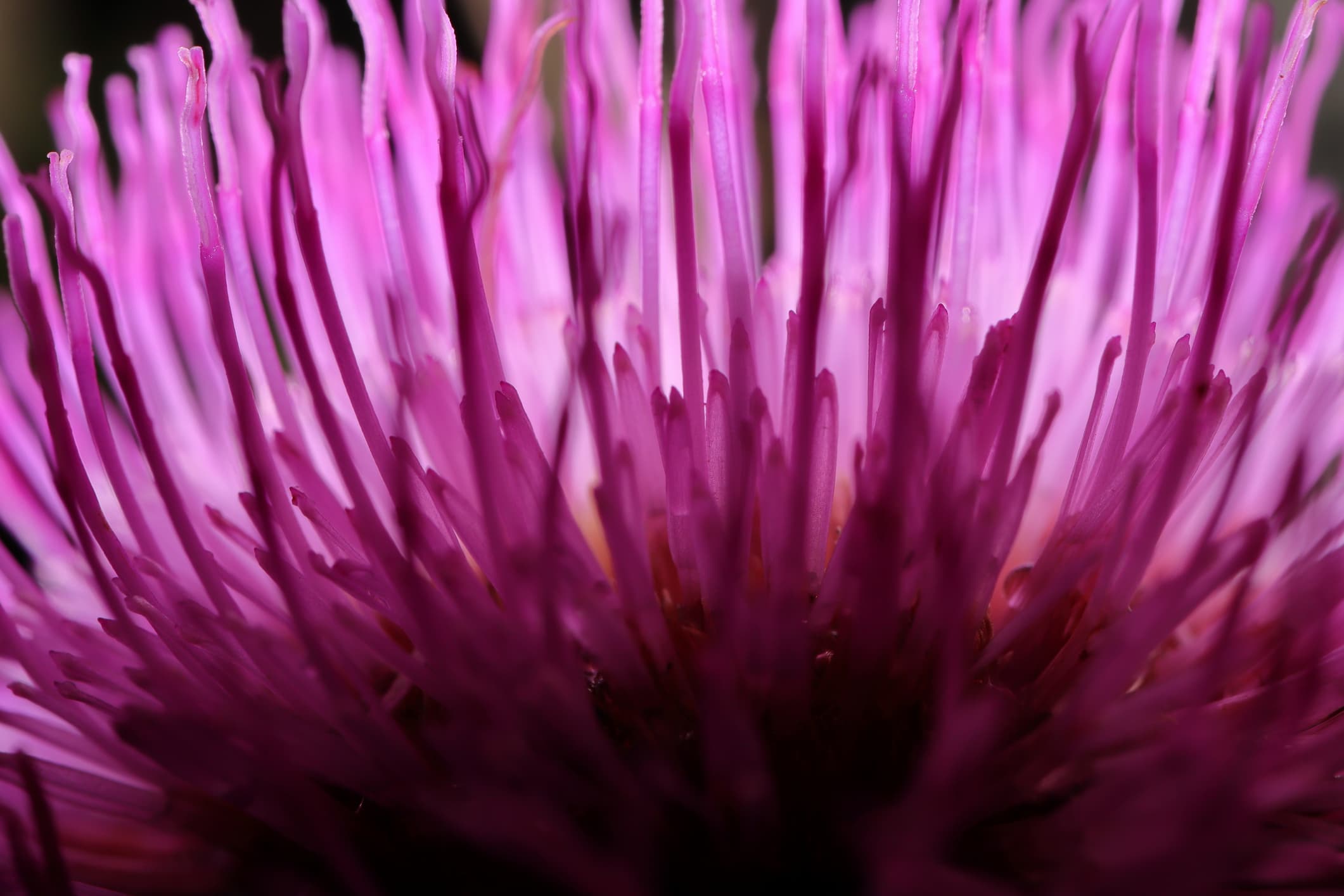What is milk thistle or "Silybum marianum" and what is it used for?
Milk thistle is a medicinal plant that has traditionally been used to treat medical conditions such as stomach, liver, and gallbladder disorders thanks to its properties and benefits . It is native to Europe but is also found in the United States and South America.
The active extract of milk thistle seeds is called silymarin. Silymarin is a mixture containing silybin, isosilybin, silychristin and isosilychristin, silydianin, and taxifolin. In addition to its hepatoprotective action, silybin has strong antioxidant and anti-inflammatory properties.
Properties of Milk Thistle
- Antioxidant properties: They prevent the damage that the body's cells may suffer due to the presence of radicals capable of oxidizing cellular structures.
- Anticancer properties.
- Cardiotonic properties: They enhance the improvement of the functioning of the heart muscles and blood circulation.
- Lowering cholesterol.
- Protection of liver, stomach and gallbladder.
Benefits of Milk Thistle
Due to the wide variety of properties of milk thistle, more and more people are turning to it as a treatment for their conditions. Here are some of the benefits of milk thistle:
- Improves liver function. Silymarin is a hepatoprotective component, ideal for eliminating toxins from liver cells and improving the synthesis of hepatocytes, a protein present in this important organ. It has been used for many years to combat liver diseases such as fatty liver disease.
- Helps treat diabetes. This plant has a mild hypoglycemic effect. Therefore, it has been used as a treatment to reduce blood glucose levels, especially in people with type 2 diabetes.
- It benefits the digestive system. Milk thistle seeds have been consumed as a digestive tonic and have been found to be effective in combating abdominal heaviness, especially due to excessive lipid intake.
Milk Thistle - Against indigestion
Milk Thistle supports the digestive system and protects it from toxic substances. It helps relieve feelings of fullness and colic. The stomach is the key organ in the digestion process. Therefore, a properly functioning stomach helps you enjoy good digestion and avoid pain and discomfort. Introduce Milk Thistle to soothe the side effects of poor digestion.
Milk Thistle - Hepatoprotective
Silymarin has shown positive effects as a supportive treatment for most forms of liver disease, including cirrhosis, fatty liver disease, and liver damage due to alcohol abuse. In clinical trials involving patients with cirrhosis, there was a significant reduction in liver-related deaths with silymarin treatment. The mechanism of action by which silymarin produces these clinical effects is attributed to its antioxidant activity.
Thanks to these clinical studies, we can confirm that milk thistle exerts an antioxidant effect by scavenging free radicals. By reducing oxidative stress and the resulting cytotoxicity, silymarin protects intact liver cells or cells not yet irreversibly damaged and can therefore be considered hepatoprotective.
Contraindications of milk thistle
Milk thistle is safe to consume orally when taken in adequate doses. However, allergic reactions have been observed at high doses, and it can cause:
- Gastrointestinal disorders, such as diarrhea, constipation, nausea, vomiting, and bloating
- Itch
- Headache
Drug interactions
These are some of the possible interactions if Milk Thistle is combined with the following medications:
- Diabetes medications. Milk thistle may reduce blood glucose in people with type 2 diabetes. Monitor your blood glucose levels and consult your doctor before taking any milk thistle supplement if you are taking medication for diabetes.
- Raloxifene (Evista). Milk thistle may affect how the liver processes this osteoporosis medication, causing higher levels of the drug in the bloodstream.
- Simeprevir. Taking milk thistle with this hepatitis C medication may increase the drug's blood plasma levels. Avoid taking milk thistle and simeprevir together.
- Sirolimus (Rapamune™). Taking milk thistle along with this immunosuppressant may change how the body processes the medication. If you are pregnant or breastfeeding, we always recommend consulting with your doctor before introducing any supplement.
When to take Milk Thistle?
Milk Thistle is recommended during times of overindulgence or when you feel you need a little extra cleansing and restoration. It helps you maintain optimal digestion, strengthens the immune system, and protects liver function. It is ideal for your daily defense against disease, eliminating harmful substances, neutralizing toxins, cleansing the skin, and improving energy levels.
How to take Milk Thistle?
Milk thistle is sold in oral capsule, tablet, and liquid extract forms. People use this supplement primarily to treat liver conditions.
- Infusions: use one tablespoon of Milk Thistle seeds for each glass of hot water .
- Capsules
- Drops
Buy Milk Thistle in drops: Clean
[dib_prod_6797015482402]
Cleans and protects. Clean Daily Detox Contains milk thistle extract in effective doses to achieve all of its properties and benefits. Cleanse is formulated with a purifying blend of herbal ingredients such as astragalus, licorice, and chlorophyllin to support the body's natural detoxification process.
Clean is rich in antioxidants and contains hepatoprotective, immunostimulant and diuretic properties to support the proper functioning of the liver and digestive system, supporting the immune system and the elimination of excesses and other harmful habits.
Daily Dosage: Dissolve 30 drops or two full droppers daily in water. We suggest taking CLEAN throughout the day with your regular water bottle. Whenever you feel you need a boost of hydration and cleansing.
We hope this article has helped you understand the benefits and uses of this fantastic herb and how it can play a role in improving your health.
We'd love to help you learn more about your well-being. If you have any questions or nutritional concerns, feel free to contact us at our dedicated email address:
consultas@superlativabotanicals.com
We'll be happy to answer them and look forward to hearing from you in our next post.
Literature






